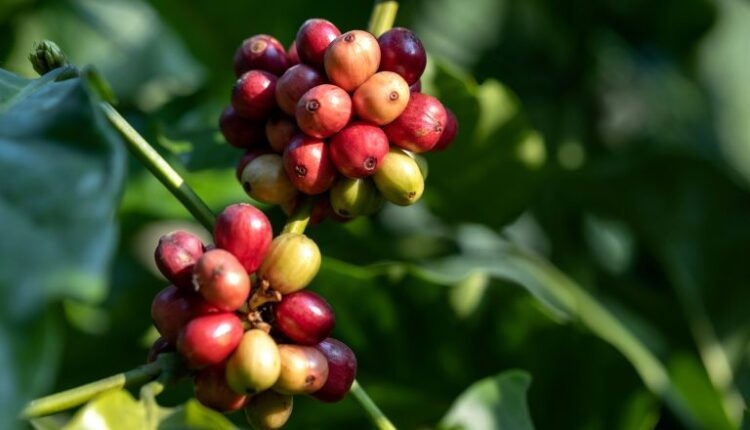Escalation Of Conflict In Eastern Congo Threatens Coffee Production In Region Known For High-Quality Arabica – CoffeeTalk
The ongoing conflict in the eastern part of the Democratic Republic of Congo has led to the decay and withering of coffee plants, causing farmers to be reluctant to manage their land. The conflict escalated early this year when rebels seized major cities in the North and South Kivu provinces, a major coffee-producing area known for its high-quality Arabica seeds. The latest fighting has killed thousands of people and displaced hundreds of thousands, including farmers. It has also blocked export routes, threatening to hinder the extraordinary recovery for the national coffee industry after years of decline.
Coffee beans production in Congo reached over 100,000 metric tons per year in the late 1980s, but declined sharply in the 1990s due to the DRC forces and other armed groups fighting a devastating war rooted in the 1994 genocide of Rwanda. Reproduction has increased in the last decade, reaching more than 62,000 tonnes by 2023.
Cooperatives such as SOPACDI in South Kivu Province have received international recognition for their coffee beans and improvements in production methods and global market connections. However, the profits are threatened, with fighting and banking disruptions impacting exports. Farmers in Muganzo, Kivu Selatan, are struggling to support their families and pay for school fees for their children.
Read More @ VOI
Source: Coffee Talk



